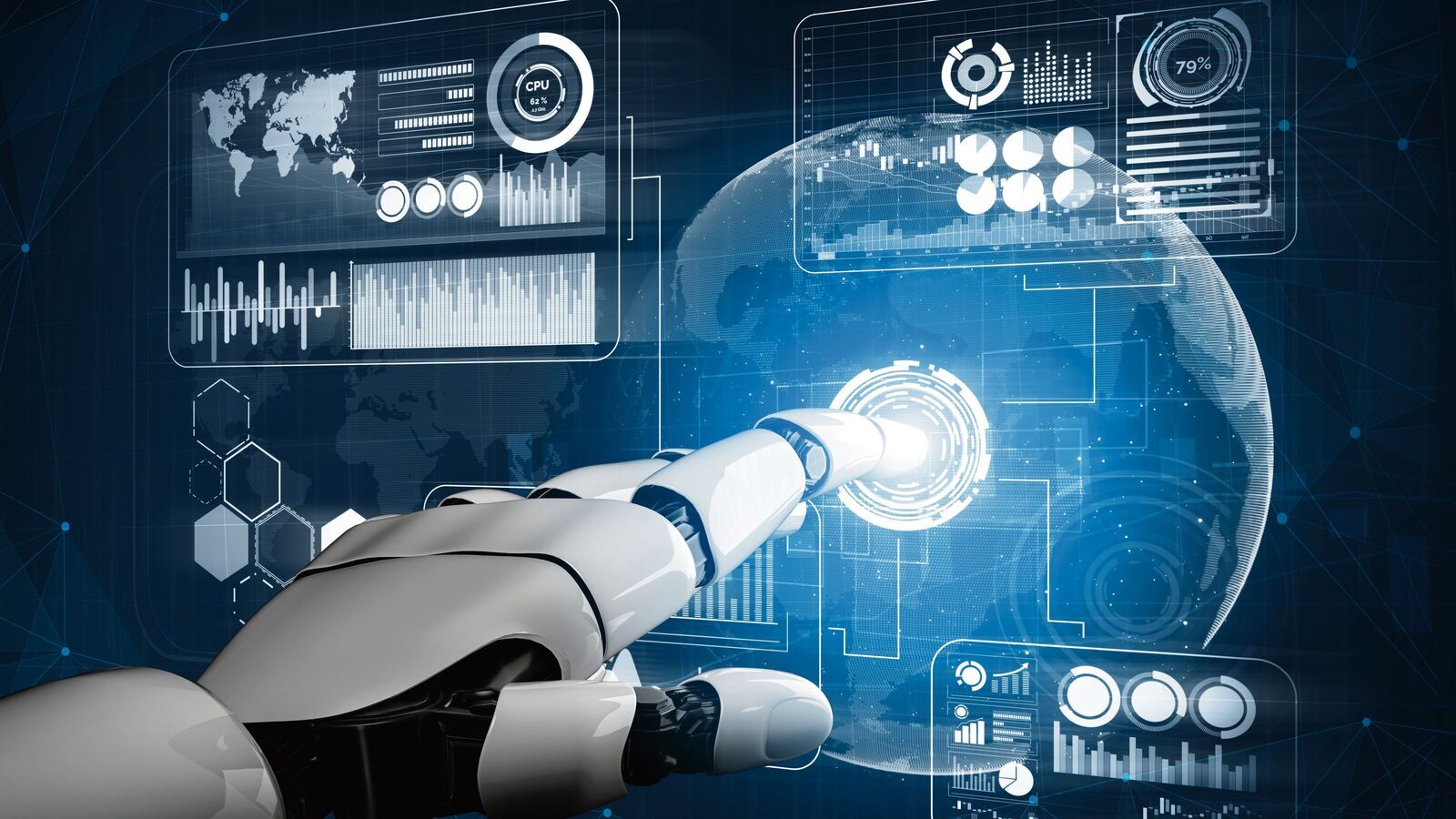Super-Human AI in Education: A Cautionary Perspective

By [Your Name], Alayaran.com Staff Writer
The buzz around Generative AI (GenAI) has ignited discussions about the future of education with Super-Human AI (SHAI), an AI surpassing human intelligence, potentially taking on roles from assisting students and teachers to outright teaching. However, experts urge a cautious approach to integrating such advanced technology into educational settings.
The Risks of AI in Education
The concept of SHAI in education raises several concerns:
Hollowing of Human Capacities: There's a fear that reliance on SHAI could lead to cognitive and emotional hollowing in students and teachers alike. If AI handles thinking and decision-making, human capacities might atrophy or fail to develop, particularly in areas like empathy and moral judgment.
Form Factor Limitations: Education isn't just about information transfer; it involves understanding and guiding students through their learning process, which requires a physical presence. SHAI trapped within the confines of a screen or device might not effectively replicate the nuanced interactions of a classroom setting. Experts suggest that for SHAI to truly impact education, it might need to take a more interactive form, possibly humanoid.
Control and Agency: Introducing SHAI into education systems could inadvertently give AI control over our societal development and individual futures. The question arises: Should we allow an entity, not fully understood, to have such profound influence over humanity?
Amplification of Inequality: Technology often amplifies existing societal issues, including inequalities. In education, SHAI might provide the best resources to those already privileged, while others might receive only token advancements, potentially deepening social divides.
Ethical Considerations and the Future
Leaders in AI technology, while pushing the boundaries of what's possible, are also wrestling with the ethical implications, focusing on what's termed as "(super)alignment" – ensuring AI advances align with human well-being. However, there's a noted reluctance or obfuscation among some in the field about the logical outcomes of AI's trajectory, possibly due to commercial interests or an overestimation of human resilience against technological adversities.
The discussion around SHAI in education isn't just about technological capability but also about ethical responsibility. As we stand at this crossroads, the question remains: Are we ready to entrust the future of our education and, by extension, our children, to an entity that might not only be non-human but potentially more powerful?
This debate echoes the tale of the Pied Piper of Hamelin, where allure can lead to unintended consequences. As we move forward, the lessons from education itself should guide us in navigating this new frontier with wisdom and foresight.
